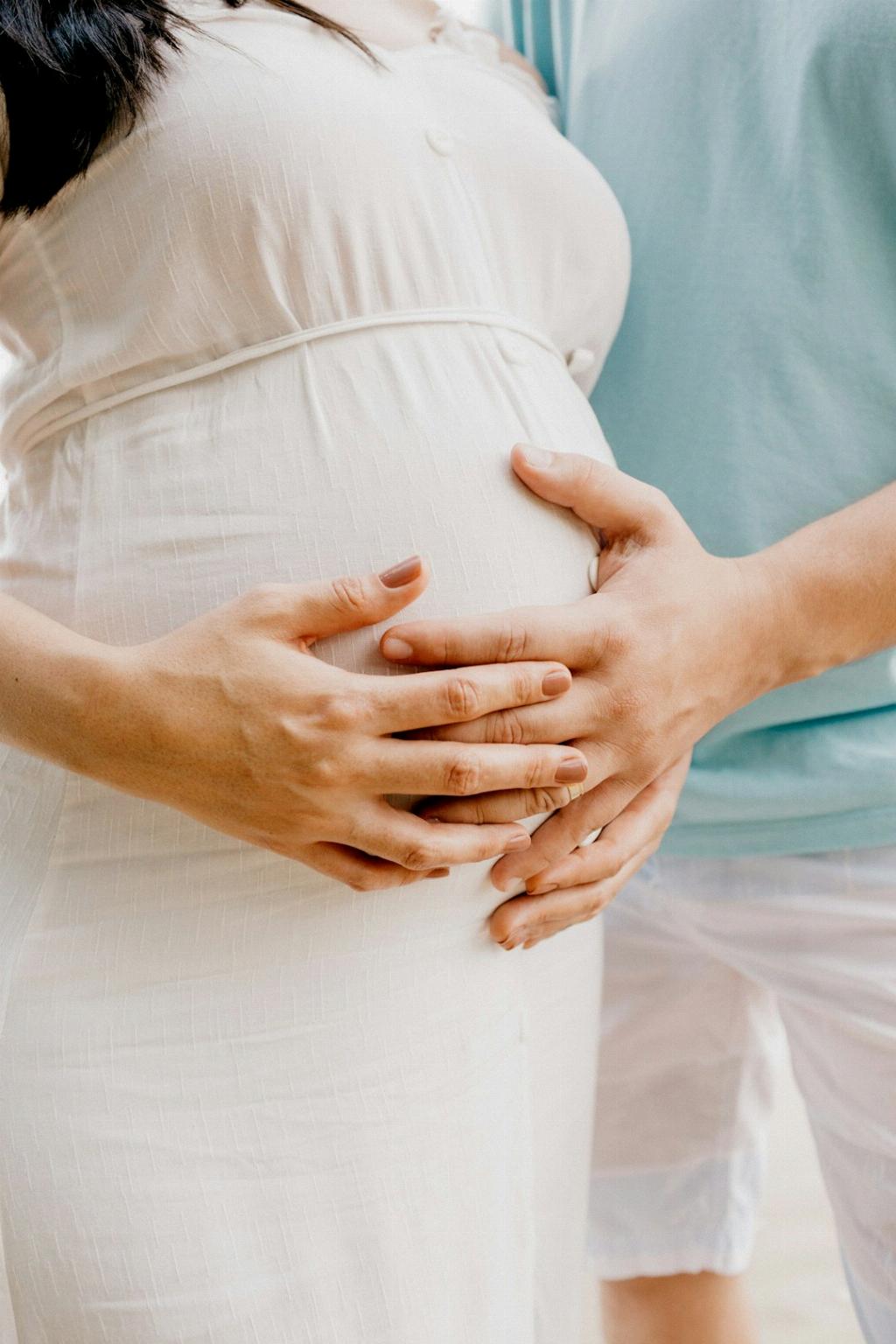Cervical polyps are growths that occur on the cervix, the lower part of the uterus that connects to the vagina. During pregnancy, the presence of cervical polyps can raise concerns due to potential complications that may arise. It is essential to be aware of the risks associated with cervical polyps to understand whether worry is warranted.
Risk of Miscarriage and Premature Birth
One significant concern regarding cervical polyps during pregnancy is the increased risk of miscarriage and premature birth. Studies have shown that pregnant individuals with cervical polyps, particularly those who have undergone artificial insemination, are at a higher risk for these complications. The presence of polyps can lead to inflammation and affect the stability of the pregnancy.
Effect on Fertility
Cervical polyps can also have an impact on fertility, making it challenging to conceive or maintain a pregnancy. The growths can interfere with the implantation of the fertilized egg or cause disruptions in the cervical mucus, affecting sperm movement. Individuals struggling with infertility should consider the presence of cervical polyps as a potential factor.
Monitoring and Treatment Options
If you have been diagnosed with cervical polyps during pregnancy, close monitoring by your healthcare provider is crucial. Regular check-ups and ultrasound examinations can help track the growth of the polyps and assess any associated risks. In some cases, treatment may be necessary to remove the polyps to reduce potential complications.
Consultation with a Specialist
It is essential to consult with a healthcare specialist, such as an obstetrician or gynecologist, if you have concerns about cervical polyps during pregnancy. These experts can provide personalized guidance based on your specific situation and recommend appropriate interventions to safeguard your health and the well-being of your baby.
Importance of Early Detection
Early detection of cervical polyps is vital, especially for individuals planning to conceive or already pregnant. Routine gynecological examinations and prenatal care can help identify the presence of polyps and allow for timely intervention if needed. Being proactive in addressing any concerns can help mitigate potential risks.
Emotional Support and Coping Strategies
Dealing with the diagnosis of cervical polyps during pregnancy can be emotionally challenging. It is essential to seek emotional support from loved ones, healthcare providers, or support groups to cope with the stress and uncertainty that may arise. Open communication and sharing your feelings can help alleviate anxiety.
Lifestyle Modifications
Making lifestyle modifications can also play a role in managing the risks associated with cervical polyps during pregnancy. Maintaining a healthy diet, staying physically active within recommended limits, and avoiding tobacco and alcohol can contribute to overall well-being and potentially reduce complications related to polyps.
Risks of Ignoring Symptoms
Ignoring symptoms related to cervical polyps during pregnancy can have detrimental consequences. Persistent vaginal bleeding, unusual discharge, or pelvic pain should not be dismissed and warrant immediate medical attention. Delaying diagnosis and treatment can increase the likelihood of adverse outcomes.
Alternative Therapies and Complementary Approaches
Exploring alternative therapies and complementary approaches, such as acupuncture or relaxation techniques, may complement traditional medical interventions in managing cervical polyps during pregnancy. It is essential to consult with your healthcare provider before incorporating any alternative treatments to ensure safety and effectiveness.
Support System and Communicating Concerns
Building a strong support system and maintaining open communication with your healthcare team are essential components of navigating concerns about cervical polyps during pregnancy. Expressing your worries, asking questions, and seeking reassurance can empower you to make informed decisions and feel supported throughout your pregnancy journey.
Conclusion
In conclusion, the presence of cervical polyps during pregnancy can pose risks, including miscarriage, premature birth, and fertility challenges. However, proactive monitoring, timely intervention, consultation with healthcare specialists, and emotional support can help manage these risks effectively. By staying informed, seeking professional guidance, and prioritizing your well-being, you can address concerns about cervical polyps and focus on a healthy pregnancy and childbirth experience.

